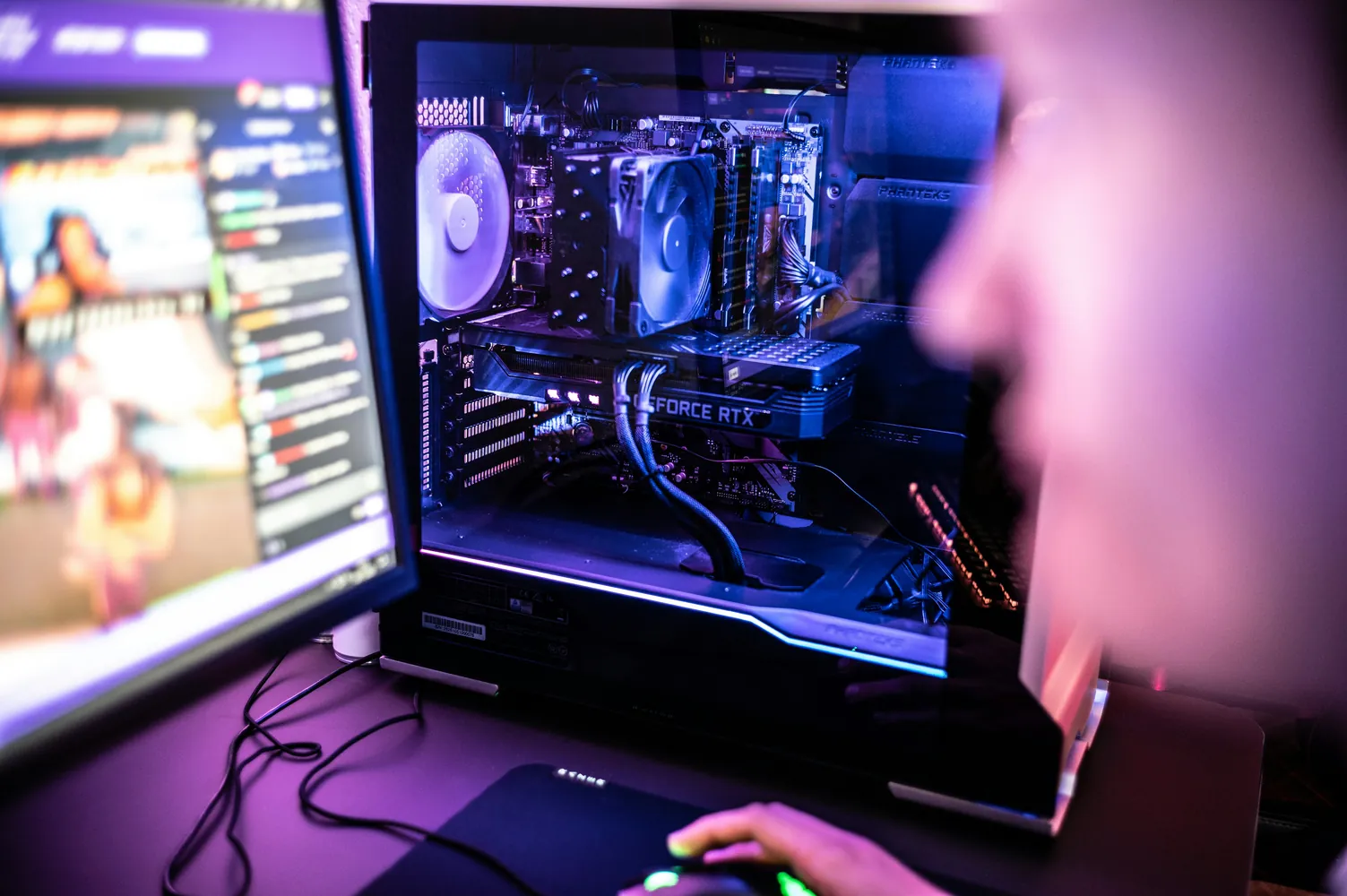Optimizing Game Performance: The Case for Dedicated Servers Over Cross-Play

The Rising Popularity of Cross-Platform Play
In the rapidly evolving landscape of gaming, cross-platform play has become a beacon for gamers seeking broader horizons. The allure of playing with friends across different devices—be it PC, Xbox, PlayStation, or mobile—is undeniable. This flexibility is especially appealing in today's social gaming culture, where connectivity is key.

Games like Fortnite and Call of Duty: Warzone have set a benchmark by successfully implementing cross-play, thereby fostering larger player bases and dynamic matchmaking pools. However, while this inclusivity is a significant step forward, it brings with it a set of challenges that developers and players must navigate.
Advantages of Cross-Platform Play
- Wider Player Bases: With cross-play, games can tap into multiple platform audiences simultaneously, reducing wait times for matchmaking and enhancing community engagement.
- Unified Experiences: Players can enjoy the same game with friends regardless of the device they own, thus promoting a more integrated gaming experience.
- Economic Efficiency: From a developer's perspective, maintaining a single game version across platforms can streamline updates and reduce maintenance overheads.
Challenges of Cross-Platform Play
- Balancing Issues: Different platforms have varying input mechanisms (e.g., keyboard and mouse versus controller), which can lead to perceived or actual imbalances in competitive play.
- Technical Constraints: Ensuring parity between different hardware capabilities can be taxing, often resulting in compromises that affect game performance.
- Security Concerns: Cross-platform architecture can potentially expose vulnerabilities, demanding robust security protocols to protect player data.
The Strength of Dedicated Servers
In contrast to the versatility offered by cross-play, dedicated servers focus squarely on optimizing game performance. They are purpose-built to handle game-specific tasks, providing stability and responsiveness that generic cross-platform solutions may lack.
Titles like Minecraft and Counter-Strike: Global Offensive showcase the power of dedicated servers. These games emphasize seamless gameplay with minimal latency—a critical factor in competitive scenarios where every millisecond counts.
Pros of Dedicated Servers
- Enhanced Performance: Dedicated servers offer superior processing power and bandwidth allocation tailored specifically for gaming purposes, leading to smoother gameplay.
- Reliability: With resources solely committed to hosting the game, there is less risk of server downtime and better load management during peak times.
- Customizability: Gamers and communities can modify server settings to create customized experiences, a feature particularly popular in sandbox or mod-friendly games.
Cons of Dedicated Servers
- Higher Costs: Running dedicated servers demands more financial investment, both from developers and potentially from players if private servers are involved.
- Limited Accessibility: Unlike cross-play environments, dedicated servers may require players to own specific hardware or versions of the game, restricting the user base.
When to Choose Cross-Platform Options
The decision between leveraging cross-platform capabilities or opting for dedicated servers hinges on the nature of the game and its audience. For titles emphasizing social interaction and reach, cross-platform play is advantageous. Games aiming for a vast, inclusive community—such as battle royales or open-world MMORPGs—benefit significantly from this model.
If the primary goal is to maximize player accessibility and foster a diverse gaming ecosystem, then cross-platform solutions are an ideal choice. This approach works well for games looking to quickly expand their user base or maintain an active player community across various regions and devices.
Choosing Dedicated Servers for Optimized Performance
Conversely, when performance, reliability, and customization are paramount, dedicated servers reign supreme. Competitive eSports titles and games requiring fast-paced action benefit from the reduced latency and stable connections these servers provide. Moreover, if a game thrives on community-driven content or mods—where players actively shape their gaming environment—dedicated servers offer the flexibility necessary for such innovations.
For developers prioritizing user experience quality over sheer volume of players, investing in dedicated server infrastructure ensures a controlled environment where optimal performance can be consistently achieved.
Navigating the Decision: Practical Tips
The decision isn't always clear-cut. Here are some practical tips for developers and gaming communities considering their options:
- Analyze Your Audience: Understand your player base's priorities. Are they seeking performance-intensive competitive gameplay or broader social interactions?
- Evaluate Game Requirements: Consider technical demands—games with high graphical fidelity might benefit from dedicated resources, whereas simpler indie titles might thrive with cross-platform exposure.
- Test Performance Metrics: Conduct rigorous testing across different setups to measure latency, frame rates, and other performance indicators.
The Future of Gaming: Bridging Both Worlds
The ultimate goal in the gaming industry is to harmonize performance with inclusivity. Hybrid models are emerging where games utilize both cross-platform capabilities alongside dedicated servers for key functionalities. This balanced approach could allow developers to harness the best of both worlds, catering to diverse player needs without compromising on either accessibility or performance.
As technology continues to advance, the potential for seamless integration between these two methodologies grows. Whether you're a gamer eager to explore new virtual realms or a developer crafting the next big hit, understanding these paradigms will be crucial in shaping the future of interactive entertainment.
 Modern Knowledge House
Modern Knowledge House